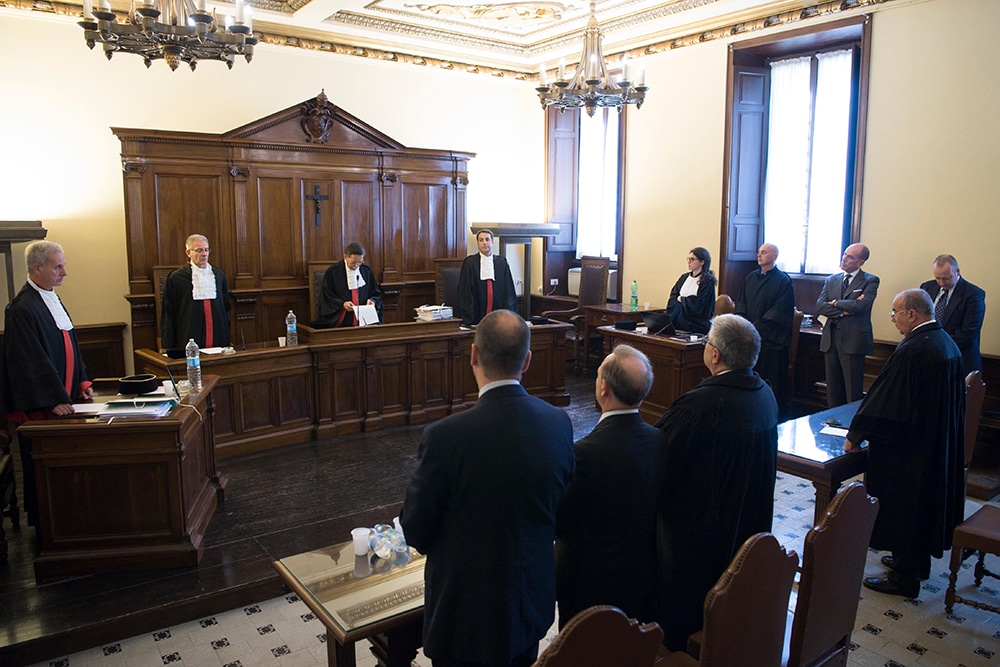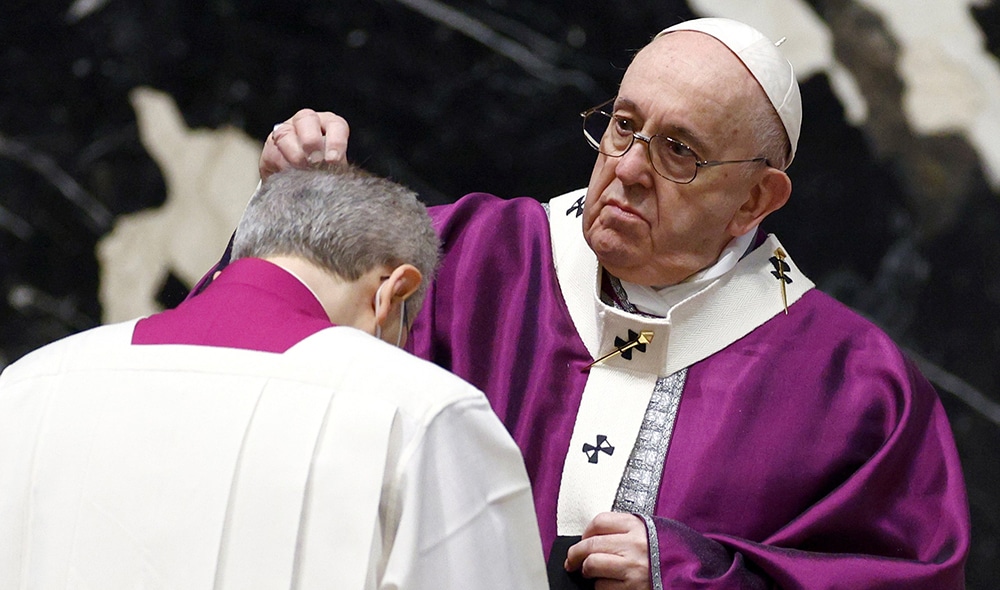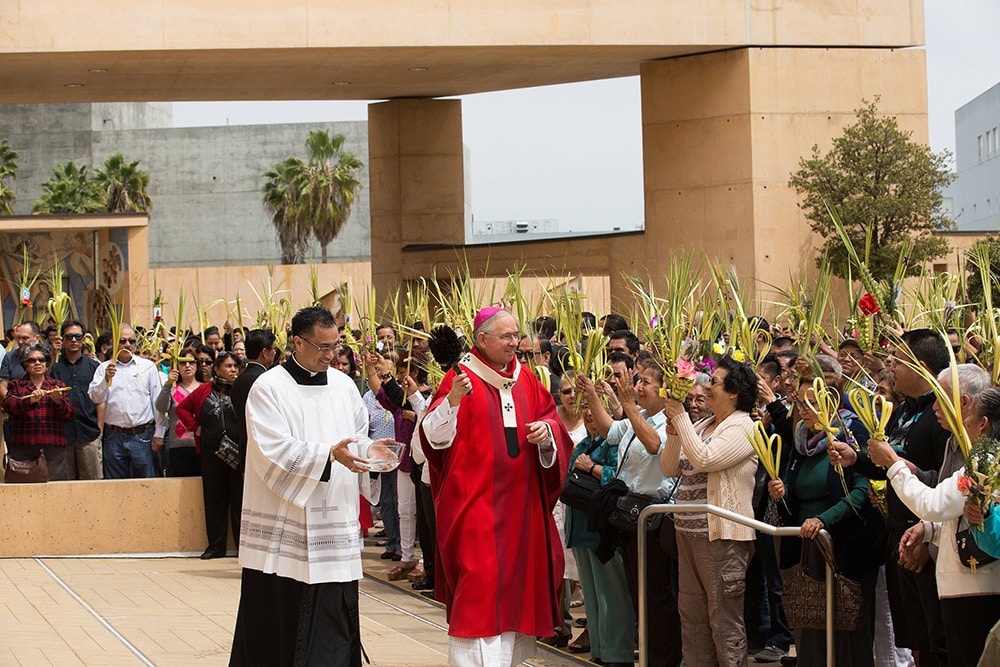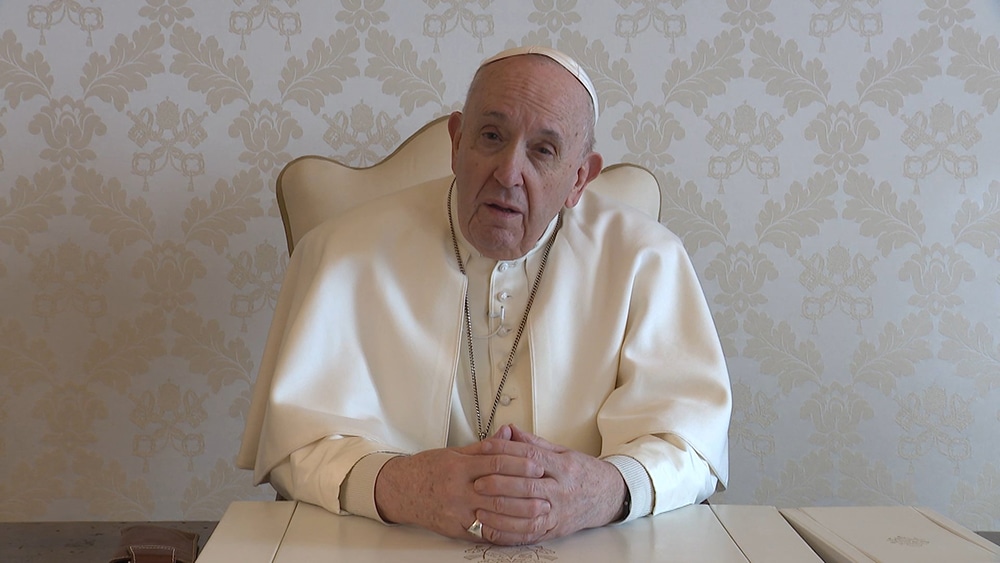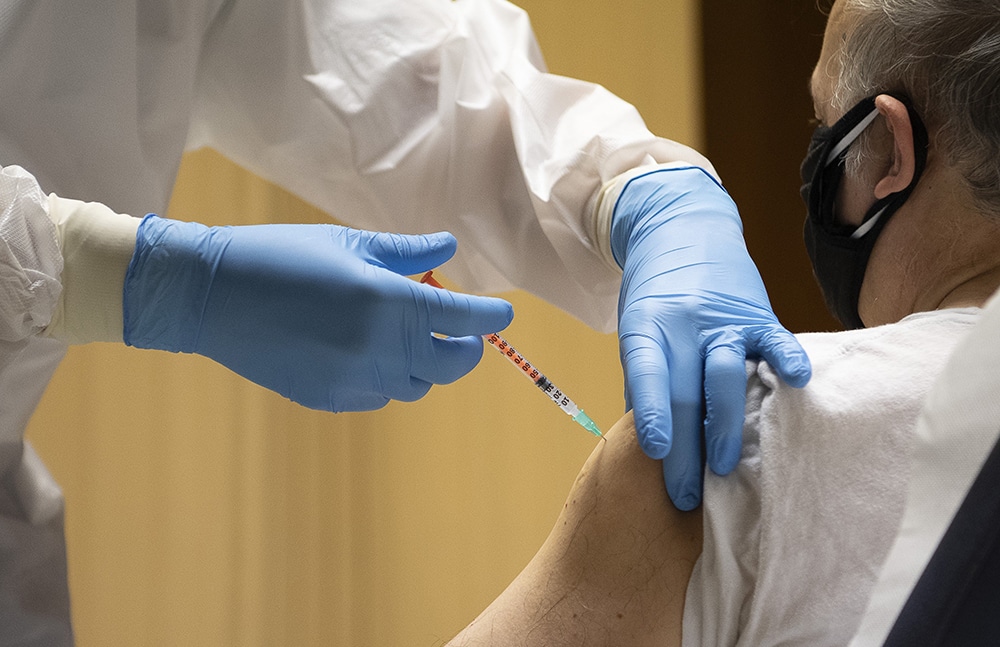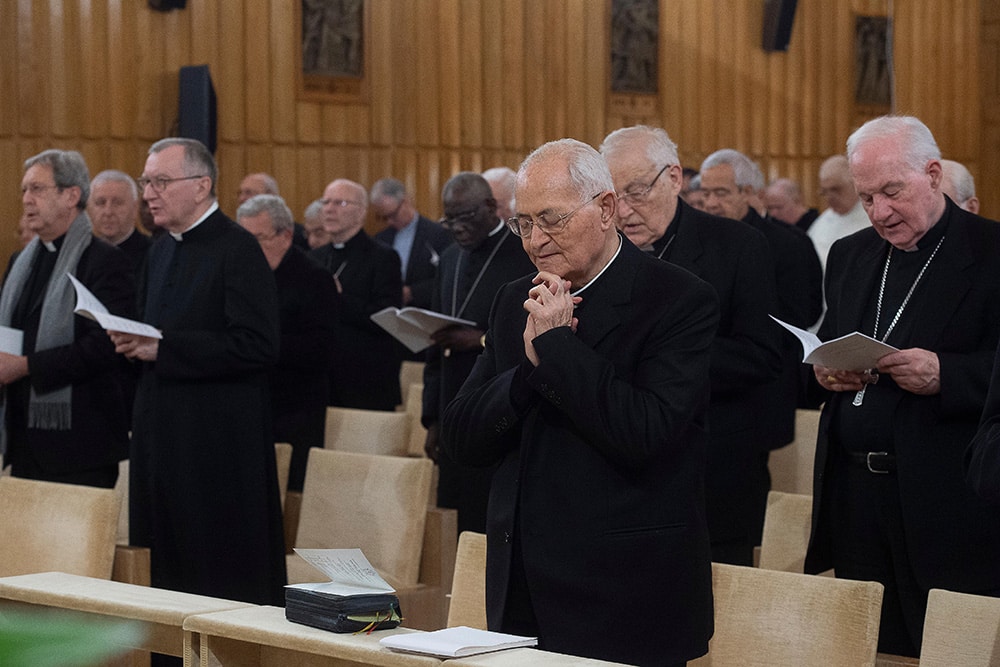VATICAN CITY (CNS) — Pope Francis approved a number of changes to Vatican City State’s penal code and criminal justice proceedings, including the possibilities of reduced sentences, rehabilitation programs and community service sentencing, as well as no longer allowing trials “in absentia.”
The changes, announced by the Vatican Feb. 16, were made because the field of criminal justice requires “constant attention” so that norms and procedures can keep up with changing needs, particularly when old solutions are now “outdated,” the papal document said.
“For these reasons, following the process of an ongoing update dictated by changing awareness” over time, the pope approved changes to the Vatican City State penal code with several new articles.
One allows for a sentence reduction of 45 to 120 days for each year already served by the convicted person when he or she “has behaved in such a way as to presume repentance and has successfully taken part in a treatment and rehabilitation program.”
When those convicted start to serve their sentence, they can draw up, in agreement with the judge, “a treatment and reintegration program containing an indication of the specific commitments he/she will undertake, also with a view to eliminating or mitigating the consequences of the offence, taking into consideration toward this end, compensation for damages, reparation and restitution.”
The person can also propose community service that benefits “the public interest” or volunteer activities “of social importance” as well as proposals aimed at “promoting, where possible, mediation with the offended person.”
Another article modifies the city state’s code of criminal court procedures and abolishes “in absentia” trials, which had been allowed in the event the accused did not appear; those trials were allowed to still take place and a judgment handed down on the basis of the presented evidence and without calling defense witnesses.
With the new law, if the defendant refuses to attend the hearing “without a legitimate impediment being demonstrated, the normal trial will proceed considering him or her to be represented by his or her defense attorney.”
“If, on the other hand, the accused does not appear at the hearing and it is demonstrated that he or she is unable to appear due to a ‘legitimate and serious impediment, or if due to insanity he or she is unable to provide for his or her own defense,’ the court or the single judge is obliged to suspend the trial.”

